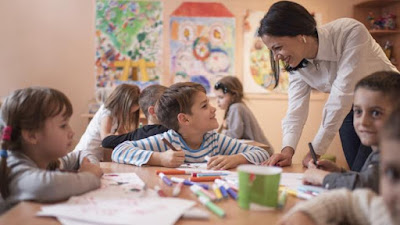In Idaho, nearly 70 percent of 3- and 4-year-olds aren’t attending any formal early education program; in Washington, the figure is 60 percent. Idaho puts no state funding toward early-childhood education; state lawmakers have long debated the issue, but nothing has passed.
Washington’s high marks in children’s health reflect fewer children without health insurance – just 3 percent in 2015, below the national average of 5 percent, and down from 6 percent in 2010 – along with low numbers of low-birthweight babies; teen alcohol or drug abuse; and low child and teen death rates.
Idaho had 6 percent of children without health insurance, down from 11 percent in 2010. And while its figures this year were near the national average, they had improved in all four health indicator areas.
Misha Werschkul, executive director of the Washington State Budget and Policy Center, noted that Washington’s Cover All Kids law created Apple Health for Kids with comprehensive health coverage and uniform eligibility criteria. She said those policy choices are paying off, but potential budget cuts loom.
Washington ranked 24th in the nation for children’s economic well-being, including child poverty rates and teens not in school and not working; Idaho ranked 14th. In Washington, 33 percent of children were living in households with a high housing cost burden in 2015, though that figured had dropped from 43 percent five years earlier. Idaho’s figure was 25 percent.






